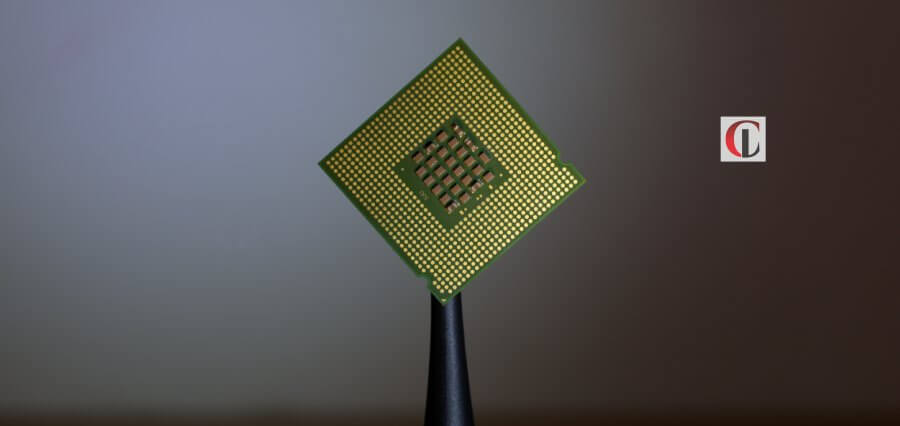According to people familiar with the agreement, the Netherlands and Japan, manufacturers of some of the world’s most advanced semiconductor manufacturing equipment, agreed on Friday to join the United States in prohibiting some shipments of their most advanced machinery to China.
The agreement, which came after high-level meetings with US national security officials in Washington, will help broaden the reach of the Biden administration’s unilateral restrictions on the types of semiconductor technology shared with China, which were issued in October.
Because of the sensitivity of the agreement, the countries did not publicly announce it, and details remain unknown. However, the deal appears to put the countries’ technology industries on a more level playing field, preventing companies from Japan and the Netherlands from rushing in to claim market share in China that US firms have abandoned.
Brief Overview
Companies in the United States have stated that such a possibility would put them at a competitive disadvantage. The White House and the Dutch government did not respond. The Japanese government did not respond immediately to a request for comment.
In October, the US imposed strict controls on the sale of semiconductors and the machines used to make them to China, arguing that Beijing could use the technology for military purposes such as breaking American codes or guiding hypersonic missiles.
Before the imposition of those restrictions, the US had been pressuring the Netherlands and Japan to limit the advanced technology they export to China. The Dutch government has already prohibited China from purchasing its most advanced semiconductor machinery, known as extreme ultraviolet lithography systems.
The US has encouraged the Dutch to limit the use of a slightly less advanced system known as deep ultraviolet lithography. According to one person familiar with the terms of the agreement reached on Friday, it includes at least some restrictions on that equipment.
End Note
Governments have also faced questions about whether they, like the United States, have the legal authority to impose restrictions, as well as lengthy technical discussions about which technologies to restrict.
Ms. Benson added that Japan and the Netherlands will still need time to change their laws and regulations to implement new restrictions, and that it could take months or years for restrictions in the three countries to mirror one another.





